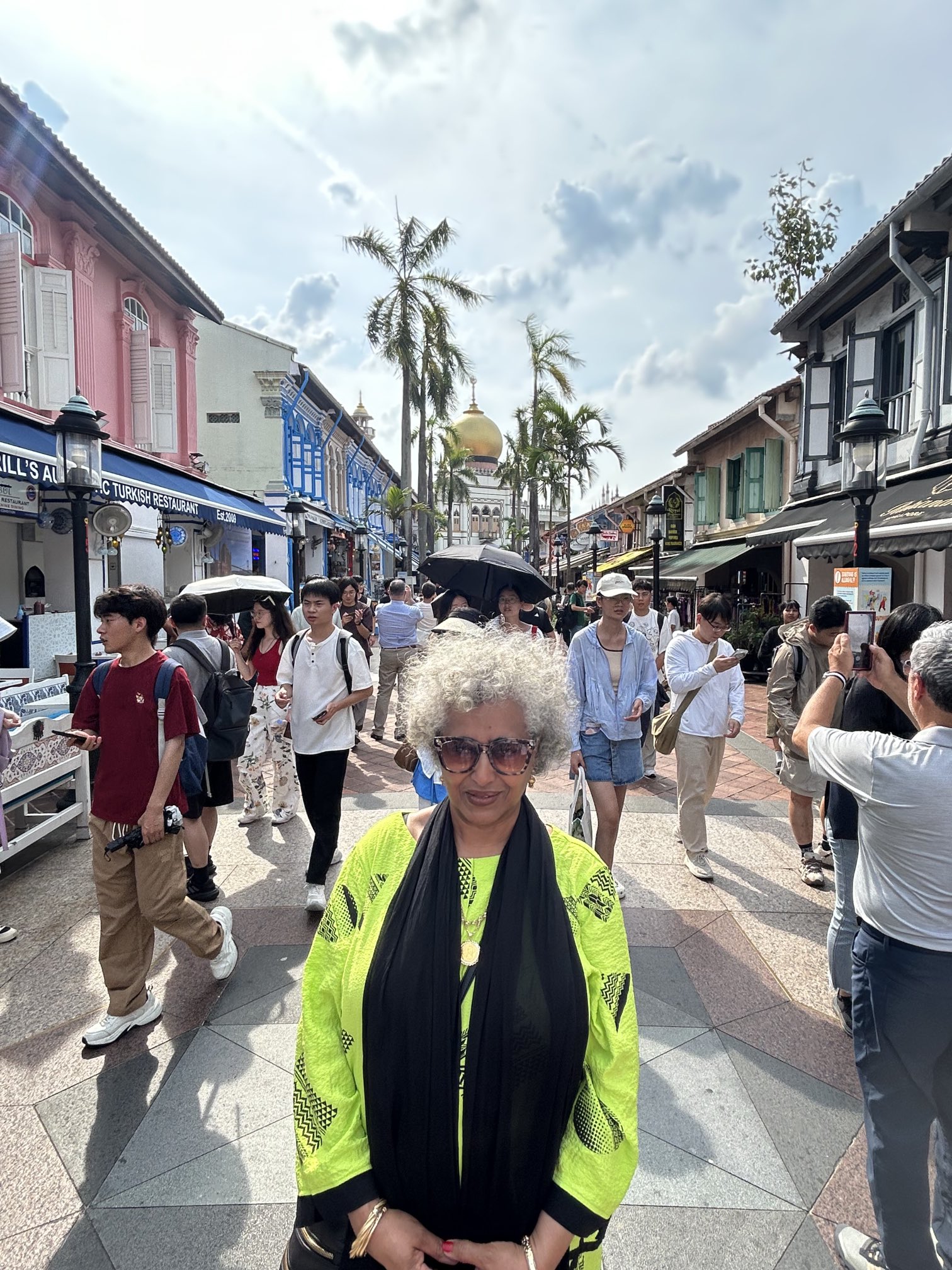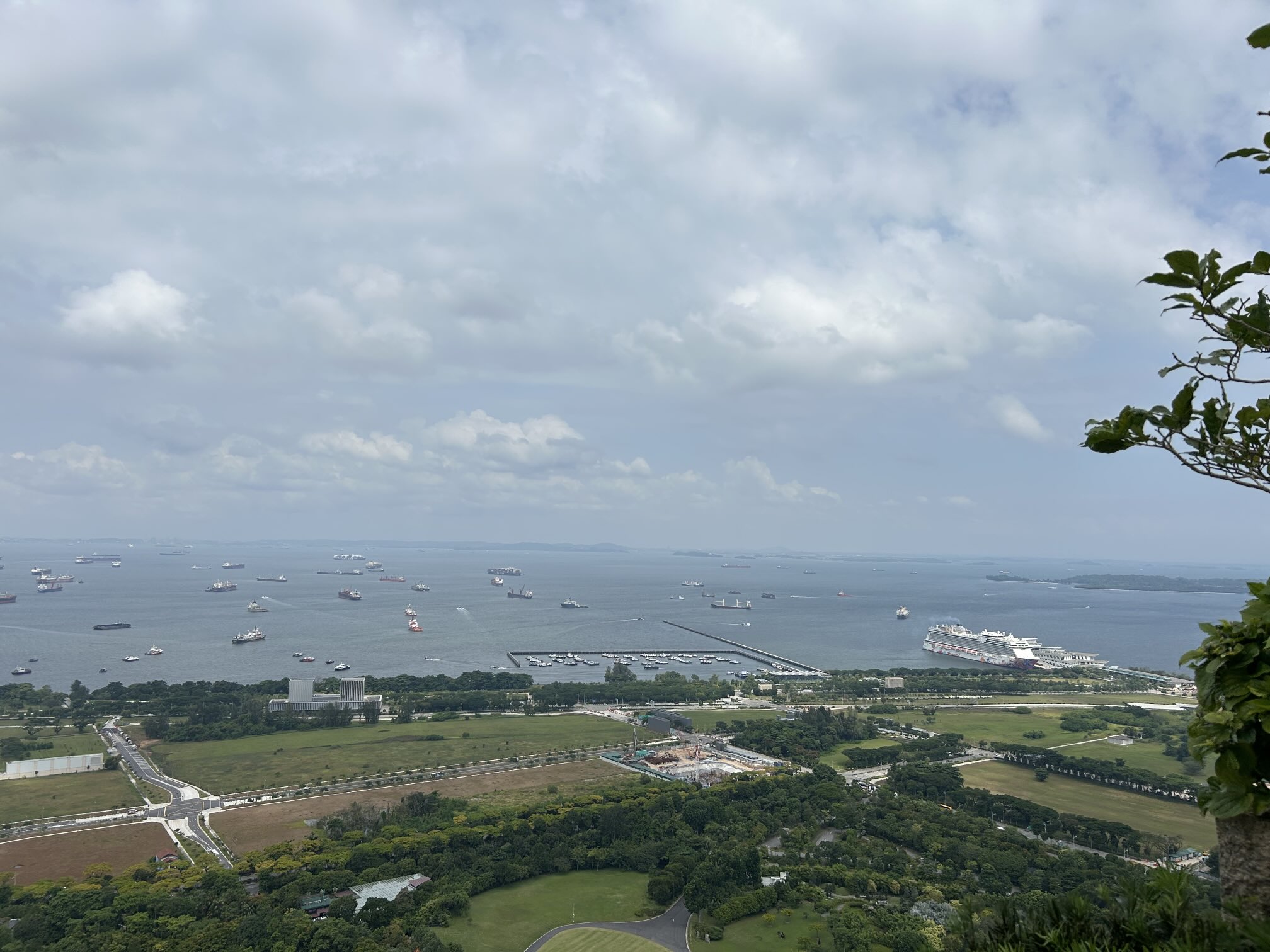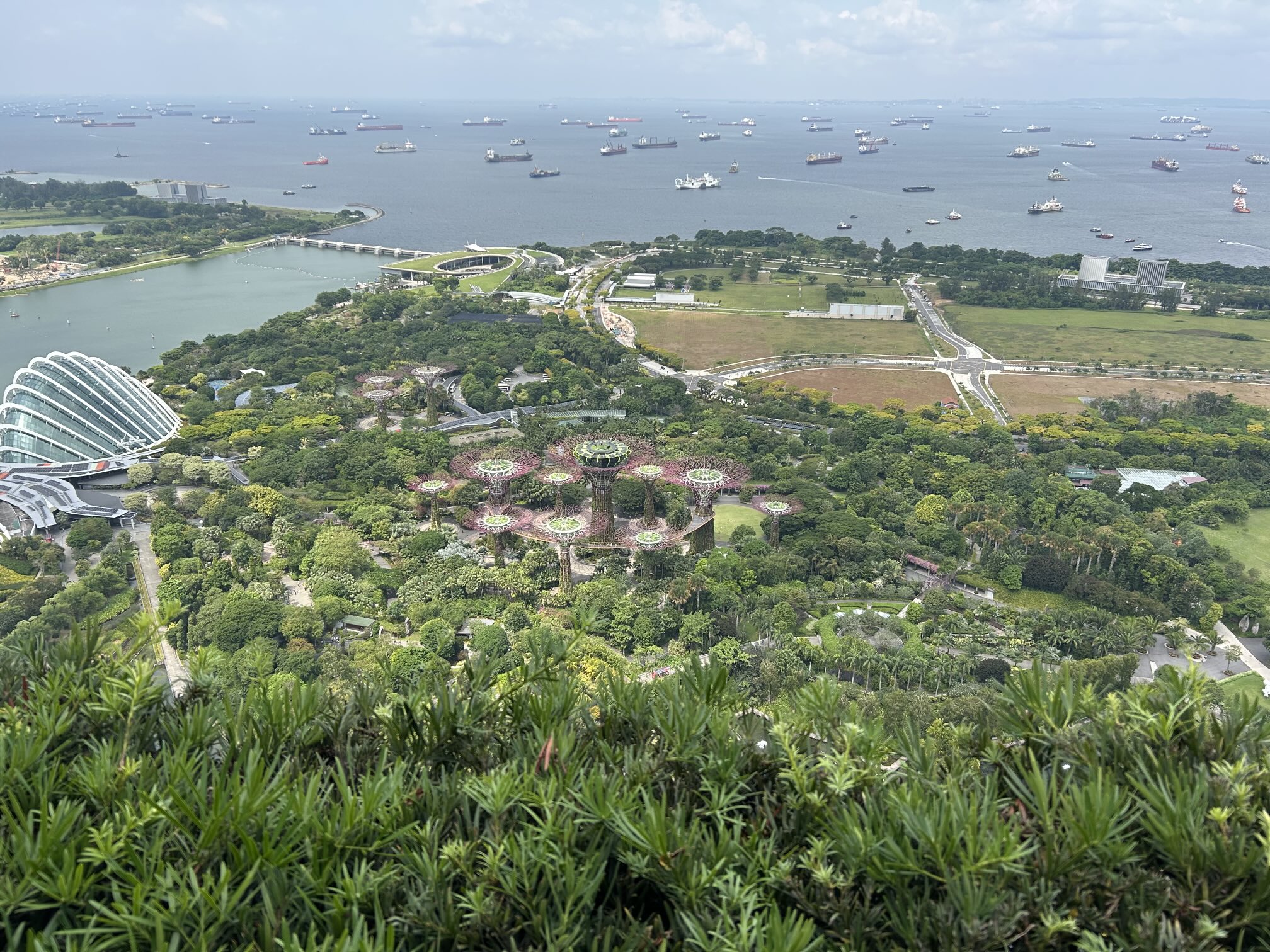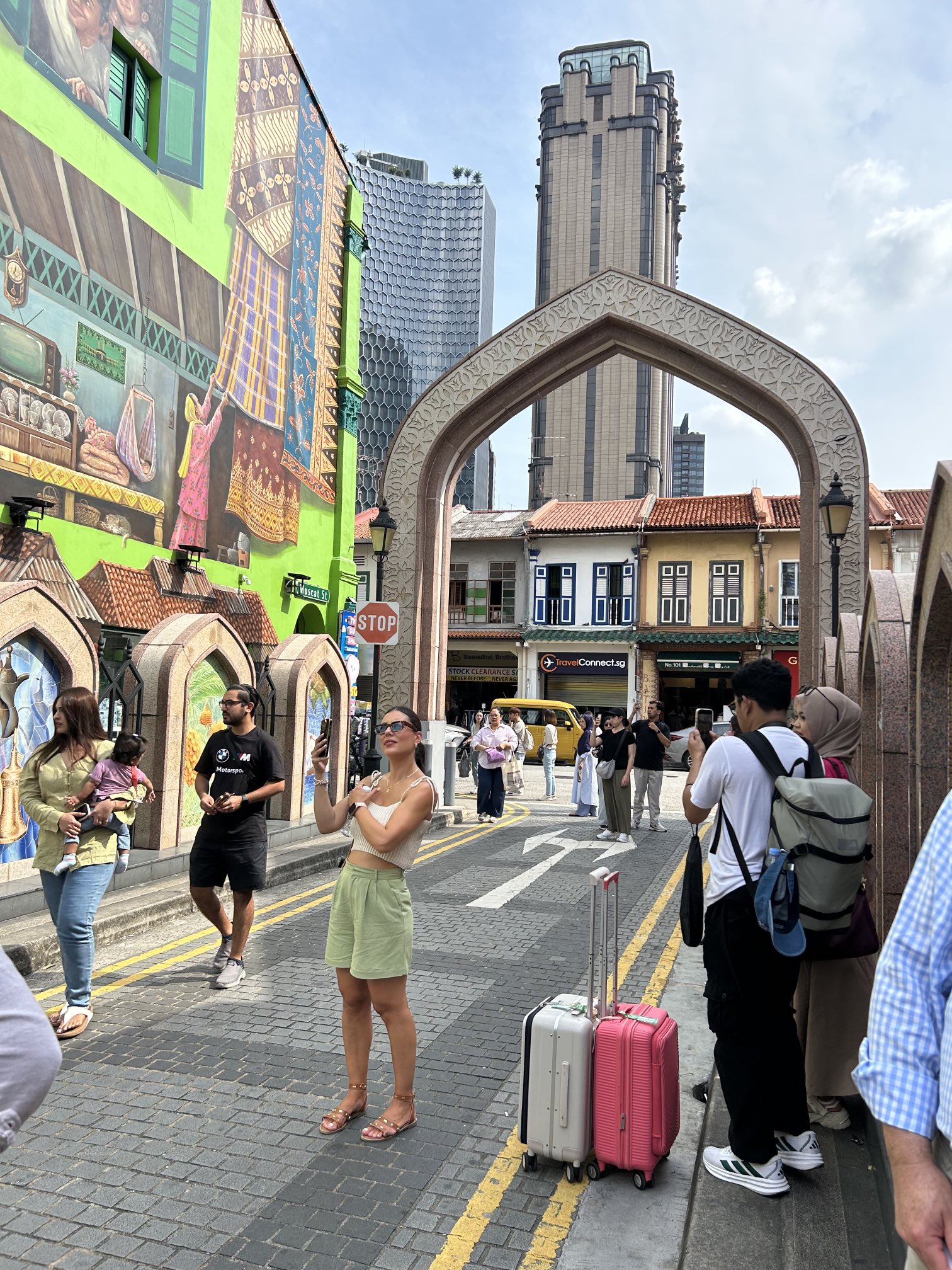
Uncovering Eritrea's Ancient History Through the Generations
The Last Free Nation: From the Scramble for Africa to the Strategic Encirclement of Eritrea
Nakfa Eritrea
https://www.redsearoundtable.com/post/t ... of-eritrea
Jun 1
The Beginning of the Divide - The Scramble for Africa
The late 19th century saw the infamous "Scramble for Africa," when European colonial powers carved up the continent at the Berlin Conference of 1884-85 with zero African representation. Borders were drawn arbitrarily, lumping rival ethnic groups together and dividing cultural nations apart. This imperial blueprint wasn't just for land and resources—it was a deliberate plan to ensure long-term instability and divide-and-conquer control.
Ethiopia, often portrayed as having avoided colonization, was in fact subjected to British colonial influence before Italy's attempt at conquest. Though Ethiopia defeated Italy at Adwa in 1896, the British had already exerted control in earlier decades and later handed Ethiopia over to Italian influence as part of shifting colonial strategies. After World War II, the same colonial powers handed Eritrea over to Ethiopia through a UN decision heavily influenced by U.S. and British geopolitical interests. This marked the beginning of Eritrea’s prolonged resistance.
Neo-Colonialism and Proxy Control
Post-independence Africa never truly gained sovereignty. Former colonial powers and new global actors like the U.S. established new forms of control through aid, debt, and military partnerships. The IMF and World Bank became the economic weapons of neocolonialism, enforcing structural adjustment programs that crippled public sectors and forced open markets.
In East Africa, Ethiopia emerged as a strategic "anchor state" for the U.S., tasked with maintaining regional order in exchange for aid and military support. Somalia, rich in oil and strategically located along the Red Sea and Indian Ocean, was destabilized to prevent it from rising as a strong Pan-African state. In 1991, with U.S. support, Ethiopia invaded Somalia, setting the stage for decades of insurgency, foreign occupation, and drone warfare.
Meanwhile, Eritrea, which won independence in 1991 after a 30-year war with Ethiopia, refused to participate in Western-led structures. It banned foreign NGOs, rejected IMF loans, and resisted AFRICOM military cooperation. For this, it was labeled as isolated and sanctioned repeatedly, not for aggression, but for refusing submission.
The Modern Chessboard - Anchor States and Launchpads
Today, the Horn of Africa is a militarized chessboard. Each country serves a purpose in the Western geopolitical design:
Ethiopia remains the primary anchor. Despite war crimes and internal collapse, it continues to receive U.S. aid and diplomatic support, shielding its actions to keep Eritrea surrounded and to project American power across the region.
Kenya functions as a logistical hub for AFRICOM and NGOs, enabling surveillance and intervention across East Africa.
Somalia has been reduced to a military playground, hosting U.S., Turkish, and Gulf-backed bases under the banner of counterterrorism. It is a launchpad, not a sovereign state.
Rwanda has evolved into a global proxy army for the West, used in conflicts from the DRC to Haiti, while receiving glowing media coverage as a "model African state."
Sudan, rich in natural resources and critical Red Sea access, has been mired in Western-backed transitional governments and internal coups designed to prevent Pan-African unity or truly independent leadership.
Djibouti hosts one of the highest concentrations of foreign military bases in the world, including U.S., French, and Chinese operations. Despite its geostrategic location, its sovereignty has been traded for rent and loans.
The UAE and Gulf monarchies act as middlemen, funding and arming factions in Sudan, Somalia, and even Ethiopia, aligning with U.S. and Israeli interests to control Red Sea access.
Every one of these nations is entangled in Western debt, military contracts, or NGO dependency. This web of influence has turned East Africa into a zone of extraction and militarization, stifling the possibility of regional unity or independent economic models.
Eritrea’s Stand - Isolation or Independence?
Eritrea remains the only nation in the Horn that has consistently rejected all forms of foreign domination. It has:
• No U.S. or NATO military bases
• No debt to the IMF or World Bank
• No dependency on foreign NGOs
No military partnerships that compromise its sovereignty
Because of this, Eritrea has been smeared relentlessly in the media and targeted by sanctions. But behind the headlines lies a different story—a nation that has survived against all odds, that governs independently, educates its youth without foreign curriculum, and protects its borders without foreign troops.
Recent shifts, like a major Tigrayan content creator visiting Eritrea and celebrating with its people, signal a deeper transformation. The propaganda wall is cracking. Tigrayans, Ethiopians, and diaspora communities are beginning to question the lies they were told.
The Future of African Sovereignty
The Horn of Africa today reflects the long legacy of the Scramble for Africa. The faces have changed, but the motives remain: control, extraction, and domination. Eritrea stands alone not because it wants isolation, but because it chooses integrity over dependency.
As regional crises deepen and Western power begins to wane globally, Eritrea's model will become harder to ignore. Africans are watching, and many are beginning to ask: What if freedom doesn’t come through partnerships with former colonizers, but through self-reliance and reclamation?
The West may have built walls of debt, drones, and deception across Africa, but as history shows, walls always fall. Eritrea is not just a nation—it is a symbol. And symbols, when grounded in truth, cannot be erased.




